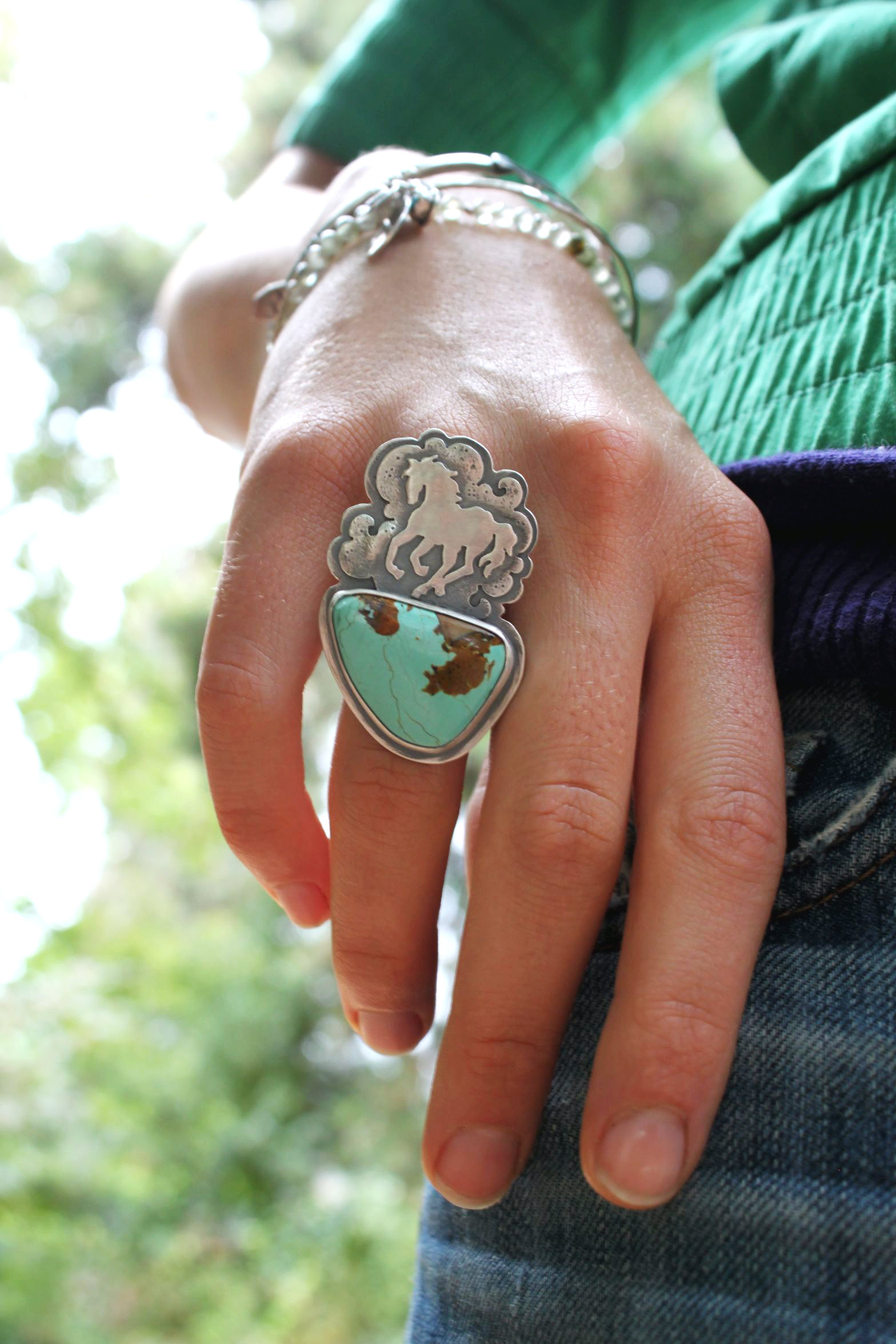Road Stories, Part 1: Idaho
Kelly Clark
[Two weeks on the road, driving through the interior West, sleeping under the stars, living out of the Jeep, watching our skin turn brown, racing to the next lake, food cooked over flames, scratching bug bites, and most of all, just living. Seeing. Hearing. Intaking. There was far too much, and simultaneously just enough. These are the smallest snippets of sketchbook writings, list makings, and memories.]
Here is the thing about those first few days: It was all about the Lake. Driving east that first day, six hours later than we had planned but leaving one spotless house behind, I felt the pangs of excitement rising up right alongside the temperature and the altitude. But it was diving into that chest-clenching initial shock of clear water that loosened something too tight for too long. It was all about those gleeful moments of ridiculous hysteria when the scales that cover your throat fall off and the only noise to be heard is laughter. Laughter at the joy of swimming with your dobie, laughter at the way too-big bikini bottoms put on a show for shorebirds, laughter at foot propellers, lies about water warmth, puppy package shrinkage, and the holy glory of seeing nothing but a thousand rippling waves under blue skies.
The second night we walked the lake edge during the golden hour, light slanting sideways through trees and illuminating the choicest wildflowers. I felt the second layer of scales fall (how many do we have? how many do we simply live with?). The shafts of sunset hung heavy and hot, the dogs were panting before we had even walked a mile and I regretted changing into jeans. It was here, through the brush and bloom and aging deadfall we found a low spot in the banks. Freyja barreling in as the fish-dog, swimming out towards foreign mountains for the sheer joy of it, Sancho tentative to swim deeper than his legs could reach. For a moment I debated, but the beads of sweat behind my knees and the cool of the lake demanded stripping down to naught but skivvies and jumping all in. Water on skin, pond grass between toes, hiding from the passing fishing boat with snorting laughter and again, that bubbling joy rising up to loosen the scales.
* * *
The air held that sticky heat, the kind that nestles into the folds of elbows and knees, the kind that renders down sleeping bags utterly useless. Laying on my back, eyes closed, I could still the see the light of the waxing moon through my lids, through the trees. He was hot. We all were, but I rolled over anyways and laid my cheek on his chest. The Giant Dipper spooned down between the ponderosa pines, reaching in vain towards the lake and I couldn't help but storytell myself to sleep. I imagined the whole pantheon of heros and goddesses relegated to the night sky, sweltering in this high summer heat. How one clever immortal must be up there, spooling down that great ladle of stardust to scoop up sweet cold, the bargains being struck for a single gulp of sweet, earthy waters. I wondered if the Pleiades swam in this very lake, the same one I could still smell in my damp hair. I wondered how may others, for how many thousands of years have laid on their backs in this same forest, gazing at these same stars, whiling away the evenings storytelling the morals of their ancestors.
I should ask the pines. I know they've listened over countless fires for countless years. I'm glad my voice has now too risen through their boughs, along with the sage I burned and the tale I spun.
* * *





























